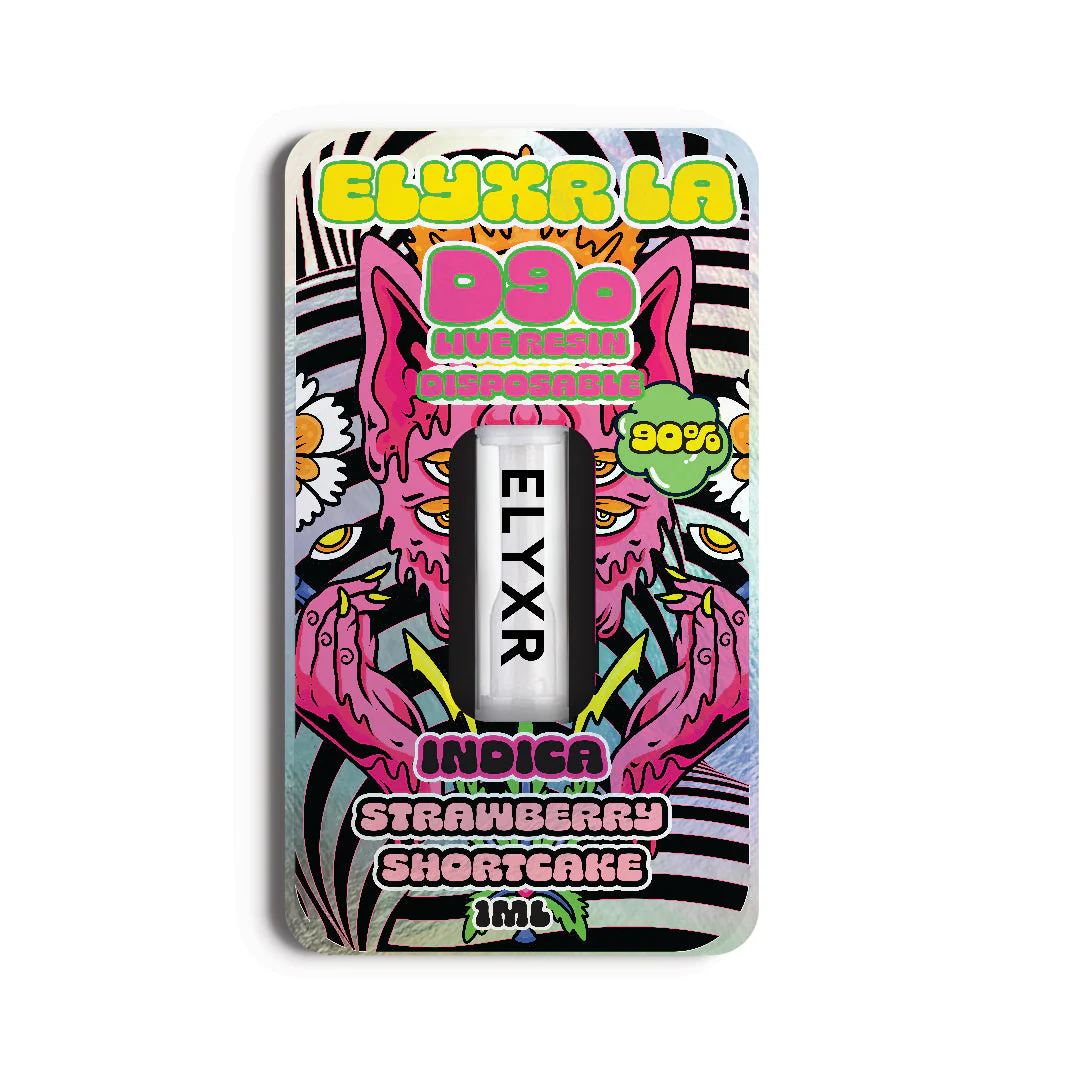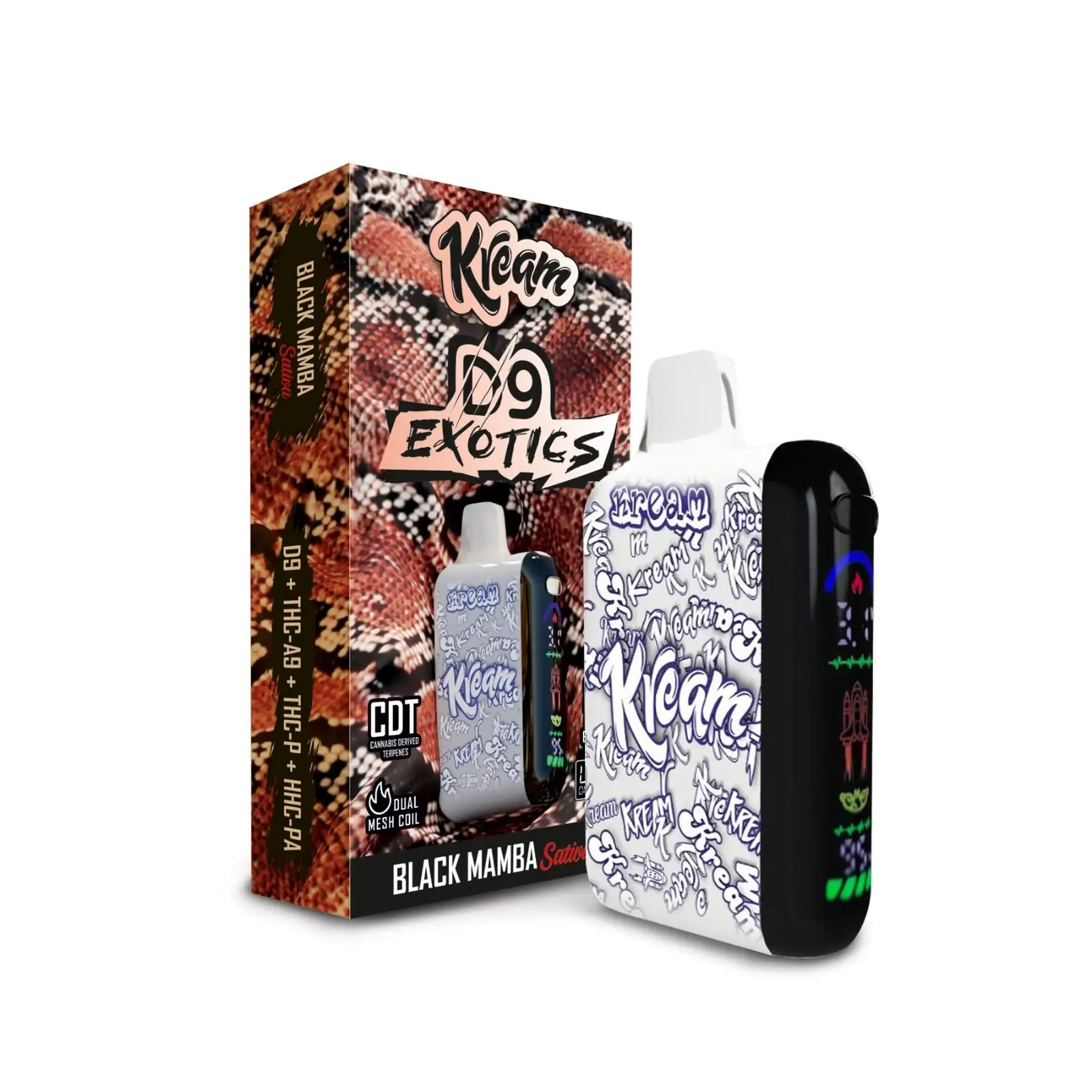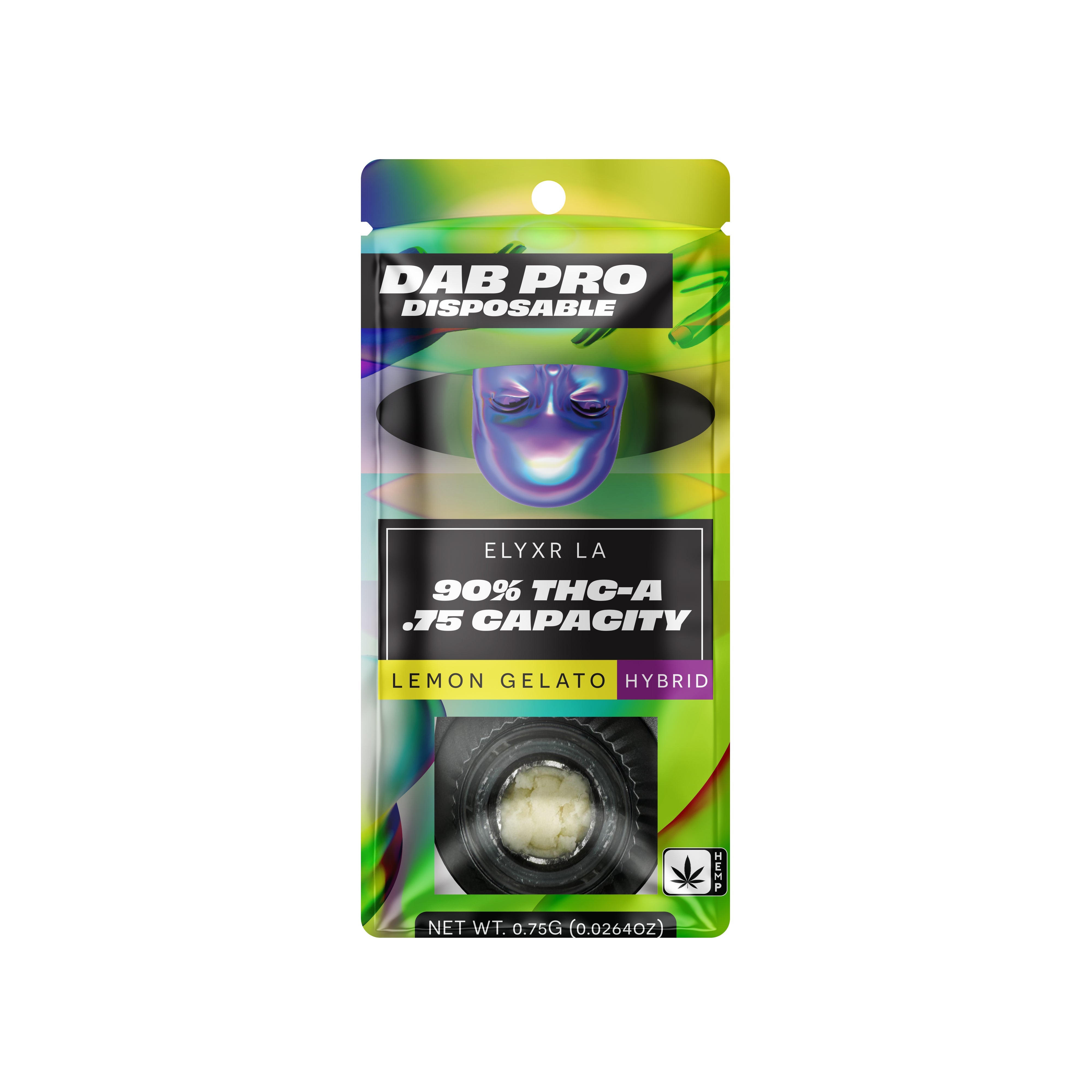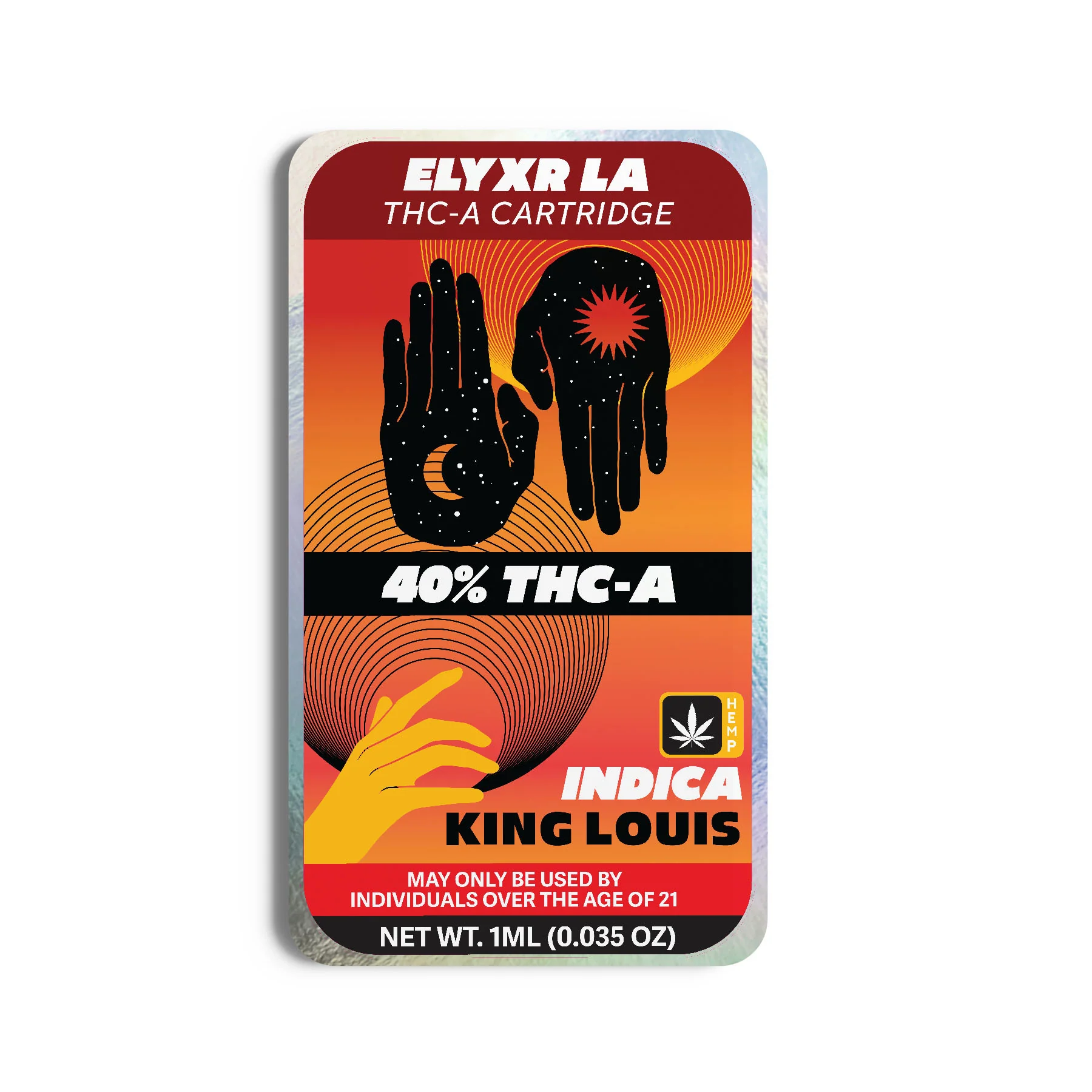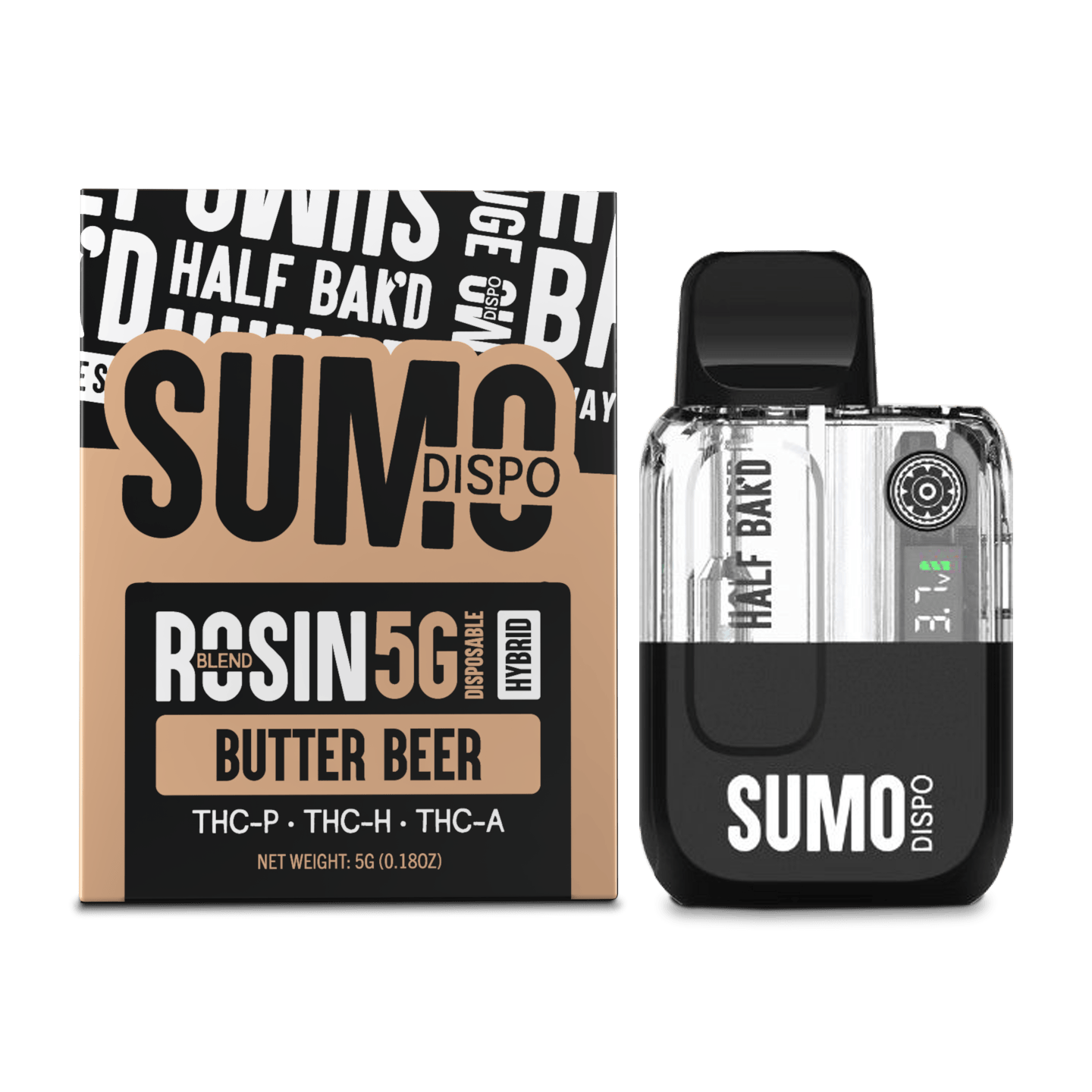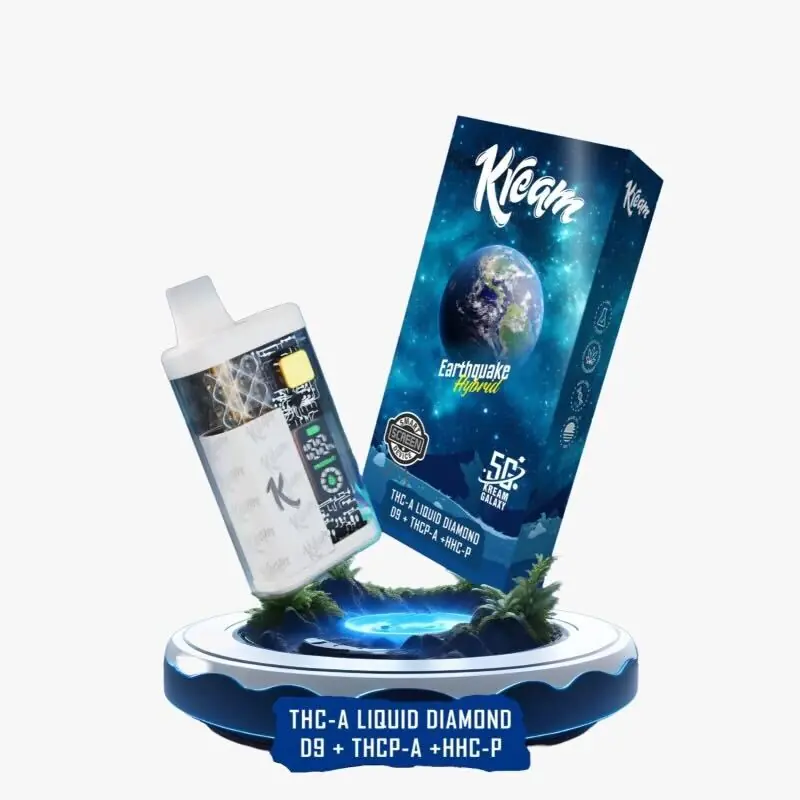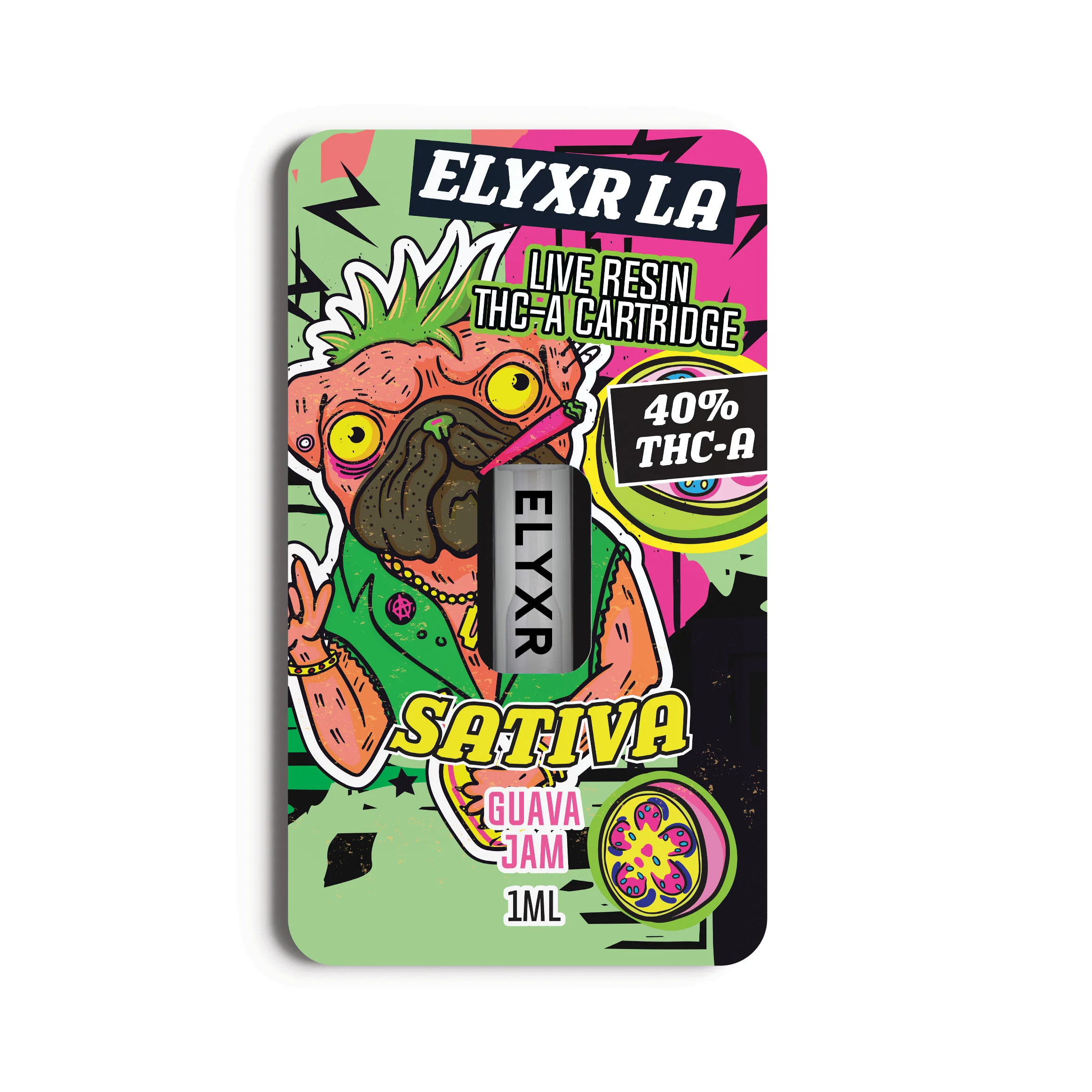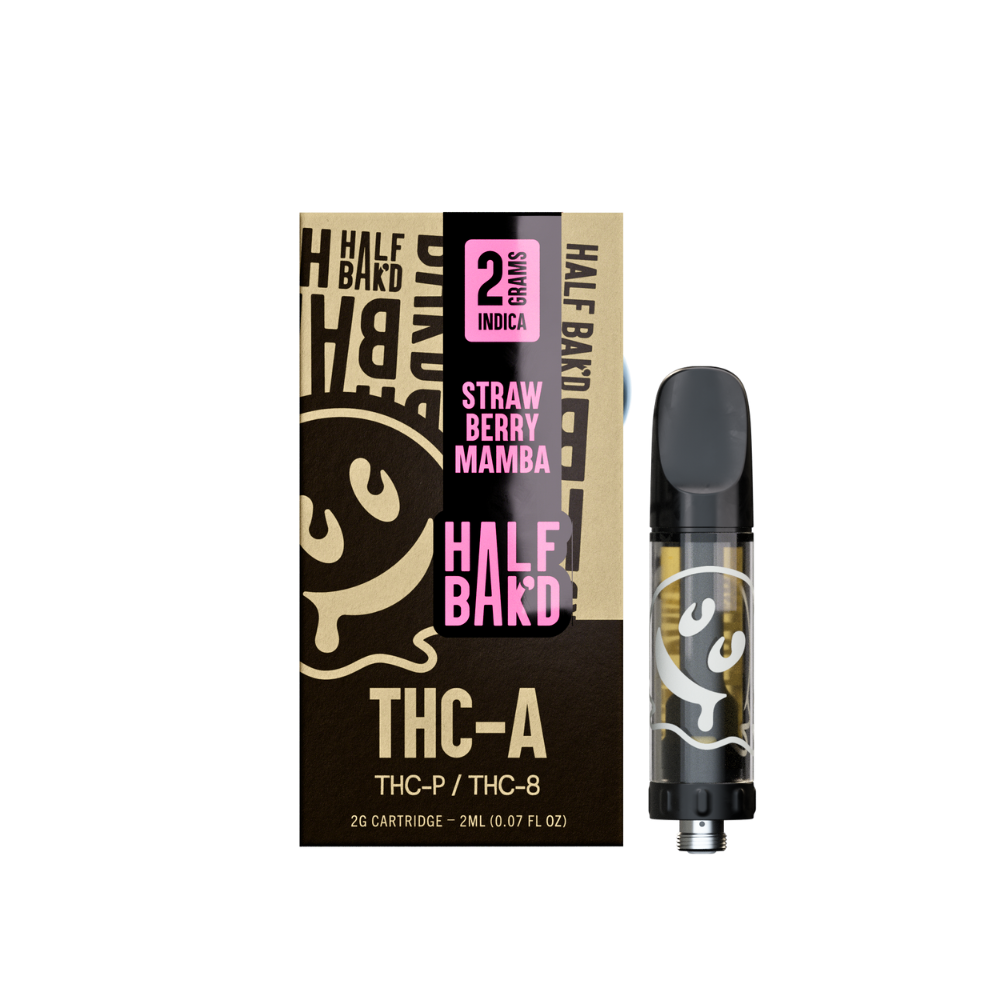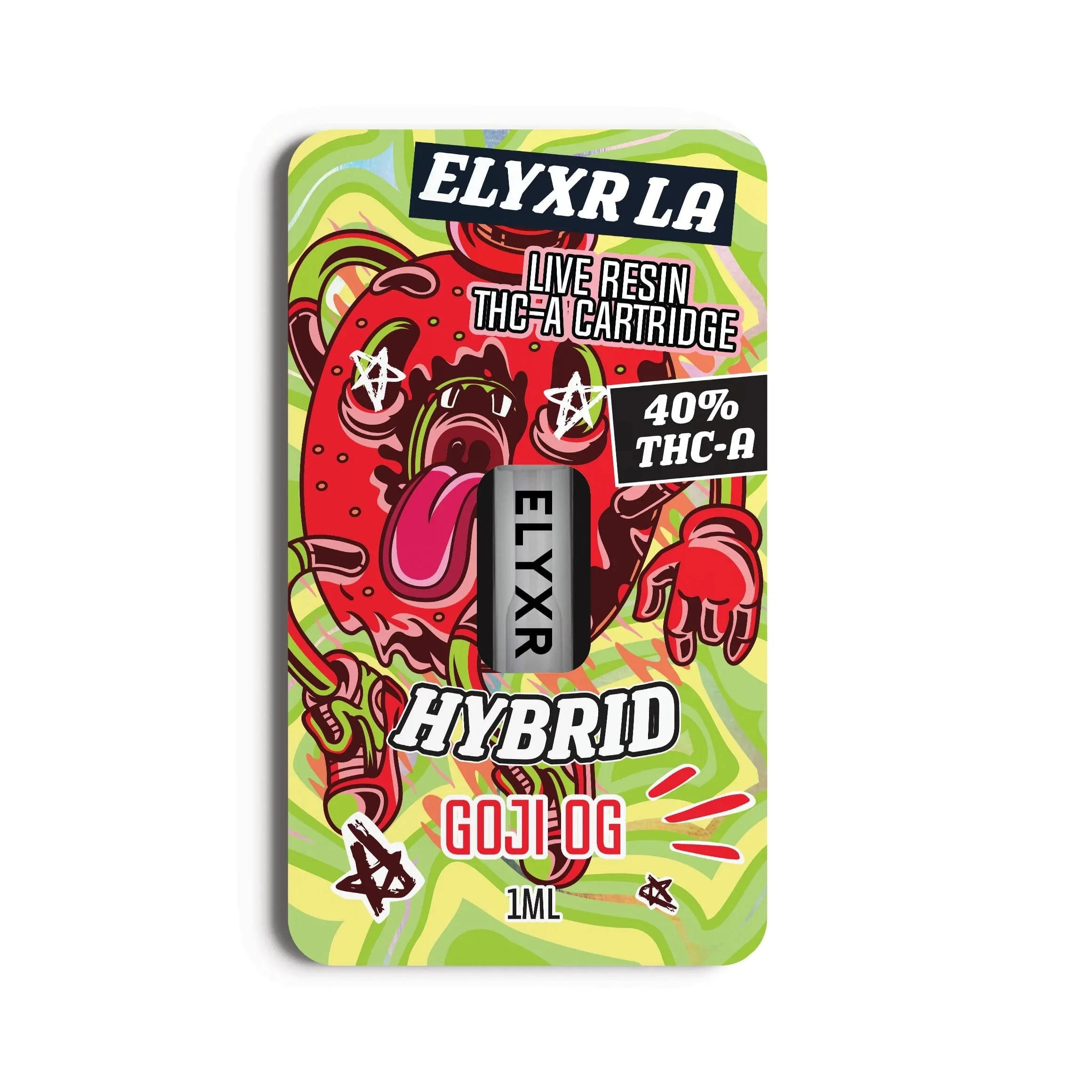You’ve probably asked — or Googled — “how long does delta 8 stay in your system?”
Whether you’re curious before an upcoming drug test, trying to grasp detection windows, or simply comparing delta 8 THC to traditional cannabis products, this guide takes you deep into the science, the myths, and the realities.
We’ll walk through how your body processes delta 8, what drug tests look for, and practical tips to manage or predict detection. Let’s dig in.
What Is Delta 8 THC and How Is It Related to Cannabis?
Delta 8 THC (often just “delta 8”) is a chemical compound found in both cannabis and hemp plants — though usually in much smaller amounts than Delta 9 THC. It’s sometimes called a legal alternative to delta 9, because its legal status in many jurisdictions is more ambiguous. Delta 8 has less intense psychoactive effects than delta 9 THC, which means some users report a milder high, less anxiety, or fewer side effects.
Still, though delta 8 may be softer in psychoactive impact, in terms of detection and metabolism, the body often treats it similarly to delta 9. That means once ingested, your system converts it into THC metabolites, stores some in fat cells, and excretes the rest. So yes — drug tests that screen for THC can pick up delta 8 usage, even though the experiences may differ.
Because delta 8 is derived from hemp under certain regulatory schemes (especially following the 2018 Farm Bill), it’s often marketed as “legal” in regions where delta 9 THC remains strictly controlled. But that legal status is tricky and evolving — and ultimately, in standard drug tests, a positive result for THC often doesn’t differentiate between delta 8 and delta 9. So whether you’re using a legal alternative or a recreational product derived from cannabis, the detection and risk remain significant.
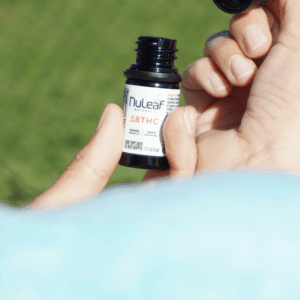
How the Body Processes Delta 8 THC
To answer how long does delta 8 stay in your system, we must see how your body processes this substance. The journey is similar to other THC-based cannabinoids:
- Absorption
- Distribution
- Delta 8 travels through your bloodstream and penetrates tissues.
- Because it is lipophilic, it tends to accumulate in fat cells, especially in individuals with higher body fat percentages.
- Thus, body fat plays a big role in how long delta 8 remains detectable.
- Metabolism
- Your liver converts delta 8 into metabolites, many of which are THC metabolites like THC-COOH.
- These metabolites are what drug tests typically look for — not delta 8 itself.
- Excretion
- The body eliminates metabolites via urine, feces, sweat, and breath.
- Some metabolites linger longer in tissues and fat stores before being gradually released.
Because the chemical structure and metabolic pathways of delta 8 closely mirror delta 9, the detection challenges and timelines are also similar. In other words: “long does delta 8 stay” is often analogous to how long delta 9 stays, though small differences might exist depending on dose, purity, and individual physiology.
Factors That Affect How Long Delta 8 Stays in Your System
No single answer fits everyone. Several factors affect detection time, and understanding these is key to interpreting any timeline. Let’s look at the main influencers:
- Frequency of use: Occasional users may clear delta 8 faster; frequent or heavy users store more in fat, lengthening detection times.
- Dosage or potency (higher doses): Stronger products or higher doses mean more metabolites to process.
- Metabolism rate: Faster metabolic systems turn over substances more quickly.
- Body fat percentage / higher body fat percentages: More fat means more storage for THC metabolites.
- Hydration and diet (healthy diet): Fluids and diet can help flush, whereas dehydration may slow excretion.
- Physical activity / exercise: Burns fat, potentially releasing stored metabolites back into the bloodstream for processing.
- Method of consumption: Inhalation vs edibles affects absorption speed and metabolite profiles.
- Health of liver and kidney systems: Poor liver or kidney function can slow toxin clearance.
- Other medications, supplements, or underlying conditions: Can interfere with metabolic pathways, particularly in contexts like medication assisted treatment or substance interactions.
In short: these several factors can push your detection window shorter or longer. A young, lean, active person using delta 8 occasionally might clear it in a few days; a heavier, chronic user may remain detectable for several weeks or more.
The Effects of Delta 8: Duration vs. Detectability
When users ask “how long does delta 8 stay in your system,” they often confuse two different durations:
- How long you feel high
- How long it remains detectable by tests
Duration of psychoactive effects
- Vaping / inhalation: onset in ~5–10 minutes; effects last 2–3 hours.
- Edibles / ingestibles: slower onset (30–90 minutes); can last 4–8 hours or more.
- Tinctures / oils: effects somewhere in between.
These durations are relatively short — but the fact that you no longer feel high doesn’t mean delta 8 is fully out of your system.
Detectability / detection window
That’s where drug screening, drug tests, and drug enforcement administration (DEA)-related regulations come in. Tests detect THC metabolites long after the high fades, often stored in fat cells and slowly released over time.
Hence, even though most users feel “back to normal” within hours, delta 8 may remain detectable in body fluids, hair, or urine for days or weeks.
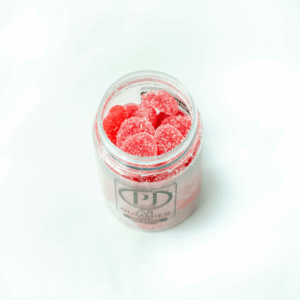
Detection Windows: What Do Drug Tests Screen For?
When it comes to figuring out how long delta 8 stays in your system, it’s important to understand what drug tests are actually designed to detect. Most standard tests don’t look specifically for delta 8 THC — they screen for THC metabolites, especially one called THC-COOH. This compound is what lingers in your body after THC has been broken down, and it’s the primary target in most testing methods.
Different drug tests have different detection windows. Urine tests are the most common, especially in workplace or pre-employment settings, and can detect THC metabolites anywhere from about 3 days to over 30 days after use — sometimes even longer for frequent users. Saliva tests have a much shorter window, typically catching delta 8 or its metabolites within 24 to 48 hours after consumption. These are often used in roadside or quick screening scenarios, though they’re not as reliable for delta 8 specifically.
Blood tests can detect active delta 8 in your bloodstream for around 24 to 36 hours, making them useful for identifying very recent use but not ideal for long-term detection. Finally, hair follicle tests have the longest reach, detecting THC metabolites that have been deposited into the hair shaft for up to 90 days or more. These tests are rare and usually reserved for legal, forensic, or high-stakes screenings.
Of course, none of these timeframes are set in stone. Detection depends on factors like how often you use delta 8, how much you take, your metabolism, and your overall health. Ultimately, drug test results are less about the specific cannabinoid you consumed and more about how quickly your body can process and eliminate those lingering THC metabolites.
How Long Does Delta 8 Stay in Urine?
Because urine tests are the most common in employment drug screening, this is often the most important window to understand.
- For occasional users (one-time use or infrequent use), delta 8 might appear in the urine for 2–7 days.
- For moderate regular users, it could persist 10–14 days.
- For frequent or heavy users / chronic users, delta 8 metabolites may linger 20–30+ days, especially in those with higher body fat percentages and slower metabolism.
In urine, THC-COOH accumulates in storage sites and is slowly excreted. The speed of excretion is influenced by:
- Hydration
- Kidney function
- Physical activity (which mobilizes fat stores)
- Overall health
Even with hydration and detox protocols, for frequent users, some metabolites remain detectable in urine samples for several weeks.
How Long Does Delta 8 Stay in Blood, Saliva, and Hair?
Let’s break down detection longer and shorter windows beyond urine:
Blood tests
Blood tests detect delta 8 (or related THC) while it’s still circulating. The active presence generally lasts 24–36 hours at most. After that, levels fall below detection thresholds.
Because blood tests are more invasive and expensive, they’re less typical for workplace screening — but may be used in legal or medical contexts.
Saliva tests
Saliva tests pick up traces in the mouth and throat. You might test positive for up to 24–48 hours after use (less likely beyond that). These tests are used sometimes in roadside or rapid screening scenarios.
Hair / hair follicle tests
Hair tests offer one of the long detection windows. Metabolites are incorporated into hair follicles as hair grows, and can remain detectable for up to 90 days or more — sometimes even a little longer depending on hair length and growth rate.
For chronic users, hair tests may reveal use going back several months.
Does Delta 8 Show Up on a Drug Test?
One of the most crucial things to know: in standard drug tests, you often can’t distinguish between delta 8 and delta 9 THC. The tests don’t detect the parent compound (delta 8); they detect its THC metabolites.
Thus, even if you’re using what you think is a “legal alternative,” you may still test positive for THC. Many employer drug screening programs, insurers, or legal systems won’t consider the nuance. A positive drug test result is often a “failed THC test” regardless of source.
It’s also important to note other drug tests (like synthetic cannabinoids or multi-panel screens) may or may not include delta 8-specific markers — but most drug tests screen for generic THC metabolites.
So yes — if you’re asking “will delta 8 cause a positive drug test?” the short answer is: very possibly, yes. It depends on detection windows, usage patterns, and how sensitive the test is.

Detection Times for Occasional vs. Chronic Users
To get more concrete, here’s how detection windows vary by user type:
- Occasional users (once in a while): likely to clear urine in 2–7 days.
- Moderate / regular users: 7–14 days, sometimes as long as 21 days.
- Frequent or heavy users / chronic users: 20–30+ days, or even over several weeks.
- Long-term, heavy chronic users: detection windows might stretch to 45–90 days in extreme cases, especially on hair tests.
These ranges assume average health, moderate body fat, and no metabolic impairments. Someone with slower metabolism or higher body fat may see longer detection windows even at similar usage.
Comparison: Delta 8 vs. Delta 9 THC in Drug Tests
Because of their similar chemical structure, the body processes delta 8 and delta 9 via largely overlapping pathways. That means:
- Delta 8 and delta 9 metabolites often look identical to testing equipment.
- If you’ve consumed delta 9 recently, it can complicate interpretation.
- Many substance abuse or treatment center assessments treat all THC-positive results the same, regardless of whether the source was delta 8 or delta 9.
In other words: whether your source was from the cannabis plant or a legal hemp-derived delta 8 product, the positive test result may be treated identically in many drug screening scenarios.
How to Potentially Flush Delta 8 Out of Your System Faster
There’s no guaranteed “fast flush,” but some strategies may help reduce detection time — or at least avoid prolonging it.
Safe, evidence-based methods:
- Hydration / Drinking Water: Helps kidneys filter metabolites.
- Exercise / Physical activity: Burns fat, potentially releasing stored THC metabolites into bloodstream to be excreted.
- Healthy diet rich in fiber and antioxidants: Supports digestion and metabolic pathways.
- Rest and sleep: Helping the body regularize function.
- Time: The most reliable factor — you can’t rush the body’s natural disposal systems.
Caution on detox methods:
- Many “detox drinks” or “cleanse kits” claim to wipe your system in a day — often overpromising.
- Extreme fasting, sauna overuse, or dehydration can be dangerous.
- Using unverified commercial detox supplements can backfire, especially if interacting with other medications or conditions like medication assisted treatment.
Your best strategy: maintain healthy habits, avoid additional use during the washout window, and allow your system to do its work.
Practical Advice for an Upcoming Drug Test
If you’re facing an upcoming drug test and you’ve used delta 8 (or worry you did), here’s a practical plan:
- Stop usage immediately — no more delta 8 or THC exposure.
- Hydrate moderately — don’t overdo it to the point of water intoxication.
- Exercise regularly — but avoid injury or overexertion.
- Follow a healthy diet with fiber, lean protein, and veggies.
- Prioritize sleep and stress reduction — poor sleep or stress can slow metabolism.
- Check the nature of the test — is it urine, saliva, blood, or hair? That gives you an idea of how long you might be at risk.
- Know your usage history — frequent or heavy users are at higher risk of test positive well beyond one week.
- Avoid detox scams — especially if you’re also on other medications or in a treatment center or behavioral health program.
Be realistic: if you’ve used delta 8 heavily in recent weeks, detection may persist through many standard drug tests. But stopping now and supporting your body gives you the best chance.
ff
Risks, Legal Implications, and Health Context
Understanding how long delta 8 stays in your system isn’t just about tests — it ties into bigger issues of legal status, health, and addiction.
Legal / employment risk
- Even though delta 8 is sometimes considered legal in certain states, standard drug tests don’t usually care. A positive drug test can jeopardize your job, insurance, or legal standing.
- The Drug Enforcement Administration (DEA) and individual states may update regulations — your “legal alternative” today could become restricted tomorrow.
Health and addiction context
- Some users explore delta 8 for potential health benefits, though research is limited and often preliminary.
- If you are in outpatient treatment, medication assisted treatment, or a treatment center, drug screening may be routine — so positive tests matter.
- Be aware of withdrawal symptoms if you reduce or stop use abruptly, especially if you’ve been a frequent user.
- Always seek professional help if you suspect problematic use or dependence.
Final Thoughts and Takeaways
So — how long does delta 8 stay in your system? The answer: it depends, and it’s not always short. While the psychoactive high may last hours, detection windows extend for days, weeks, even months in hair.
Here are the bottom-line takeaways:
- Delta 8 is processed similarly to delta 9, yielding THC metabolites that are stored in fat cells and excreted slowly.
- Urine tests (the most common) detect those metabolites for anywhere from a few days to 30+ days, depending on usage, metabolism, body fat, and dose.
- Blood, saliva, and hair tests offer shorter or much longer detection windows respectively — from a day or two (blood/saliva) to 90 days or more (hair).
- Frequent or heavy users have significantly longer detection windows than occasional users.
- Diet, hydration, exercise, and healthy habits can help—but there’s no foolproof fast-flush solution.
- Even if you use delta 8 under a state’s legal framework, standard drug tests treat it like THC and may produce a positive drug test result.
- If you have an upcoming drug test, stop use immediately, support your body with healthful practices, and be realistic about your window of risk.
Ultimately, knowledge is your best defense. Knowing how detection times, drug screening, body physiology, and usage patterns play out helps you make informed choices—whether you’re navigating legal gray zones, preparing for tests, or just curious about how “long delta 8 really lingers.”
Frequently Asked Questions
1. What is the longest Delta-8 will stay in your system?
For heavy or daily users, delta-8 THC metabolites can linger in the body for over a month. In extreme cases, they’ve been detected for up to 45–60 days after last use. This extended detection period typically applies to people with higher body fat percentages, slower metabolism rates, or consistent long-term delta-8 consumption. Occasional users, on the other hand, are far more likely to eliminate it within a week or two.
2. How long does Delta take to get out of urine?
Urine tests can usually detect delta-8 THC metabolites (specifically THC-COOH) for roughly 3 to 30+ days, depending on how often you use it. For single or rare users, it might clear out in as little as 3–5 days. Moderate users may test positive for about 1–2 weeks, while daily users can test positive for several weeks or even longer. Hydration, metabolism, and body composition all influence how quickly your body flushes out these metabolites.
3. Is there a cutoff level for delta-8 in urine tests?
Yes. Most standard urine tests use a cutoff level of 50 nanograms per milliliter (ng/mL) for THC metabolites. That means if your metabolite concentration is below that threshold, the test is considered negative. However, because delta-8 THC breaks down into the same or similar metabolites as delta-9 THC, there’s no way for most tests to distinguish between the two — meaning a positive result for delta-8 use will usually register as a positive for “THC” overall.





